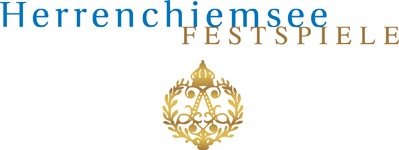»OF GOD AND GODS – PATHWAYS OF BAROQUE«
Pathways of discovery, towards a future of novelty, change and revolutions but also of diversity and unity. The world of the Baroque! A time of new departures! A period of splendour and a new sound. The world was gaining in width. But not so the world of humans: “a dwelling place for gruelling pain, a ball of false fortune … a stage for all that is fear and repugnance” (Andreas Gryphius). For centuries people had believed in a cosmos, a construct of ideas based on order and a set of rules, with God disposing and governing all earthly existence. The world seemed sufficiently explained. Far from it! Pressure for reform developed; Martin Luther showed God in a new light and gave rights to individuals. The result: religious wars of unprecedented dimensions that divided people but at the same time raised hopes of freedom and justice. Gods were growing alongside God! The “enlighteners” arrived: Copernicus, Kepler, Newton, Galilei, Descartes, Leibniz and many others, Voltaire not the least of them. Mathematics, the new ordering principle, the measure of all things, informed the new opulence of castles and their landscaped gardens, the wilful subjugation of nature and landscape to the creative dictate of rulers, with the Sun King Louis XIV leading the way. So much vivid exuberance proved beguiling. The fascination with creating, God-like, something new out of nothing lived on far into the future. Ludwig II of Bavaria continued the tradition. But his Versailles-on-an-island reveals his alienation from the world and speaks of the experience that man has no solid and natural place on Earth. That is why Baroque man created for himself the stage, the world of theatre and festivals, of opera and concerts. The world as play and illusion! The creative impetus of the Baroque did not stop at the symphony, this unique symbiosis of musical-aesthetic world creation and critical reflection on realities. It turned artists into geniuses and ascribed to them a special, often “outlandish” personality. By removing man from the centre of the world, they could become individuals – crisis-torn and driven by ideas and hopes. But was not this pathway long predestined? Had God not sent His Son to earth to share, as God the Son Incarnate, human misery and suffer a death of ostensible guilt? It is no coincidence that in passion drama, human misery converges with the hope for a new life, that the creative power of man should manifest the Greatness of God and His nature.

